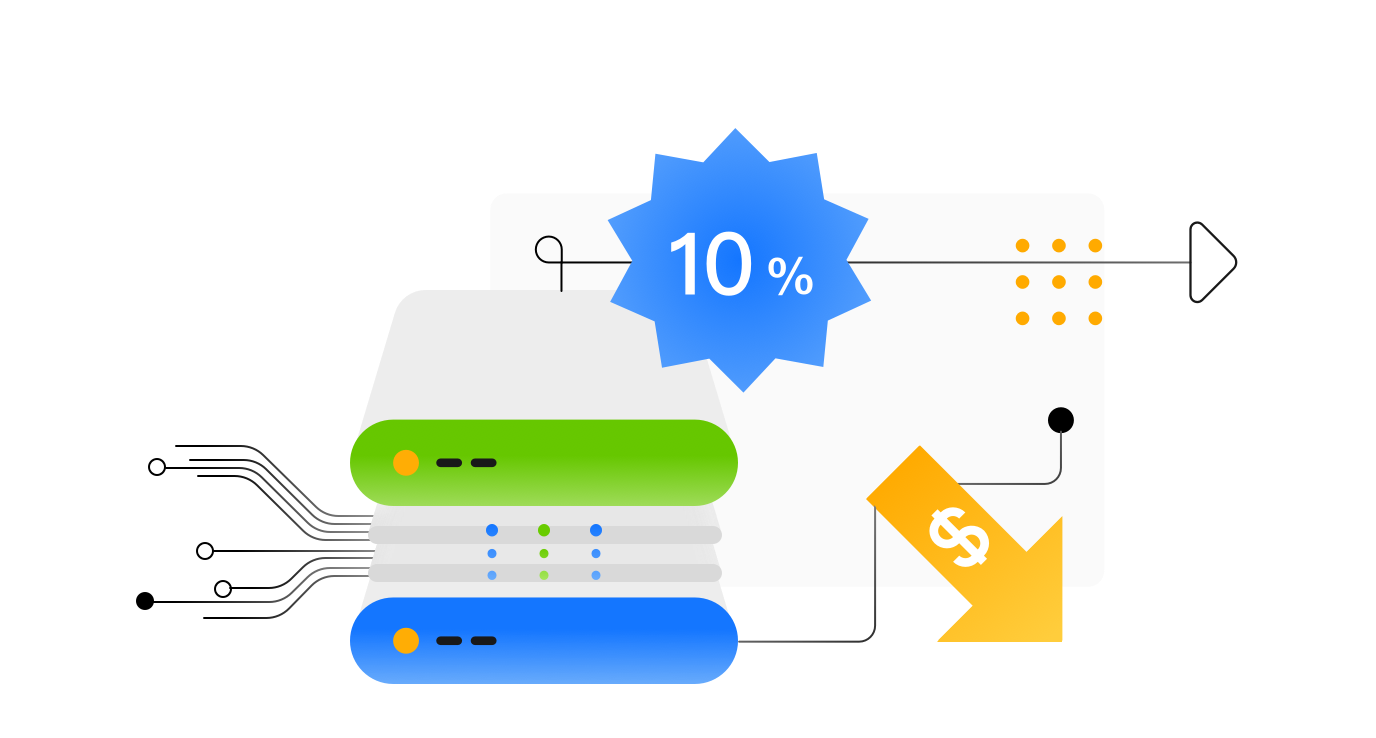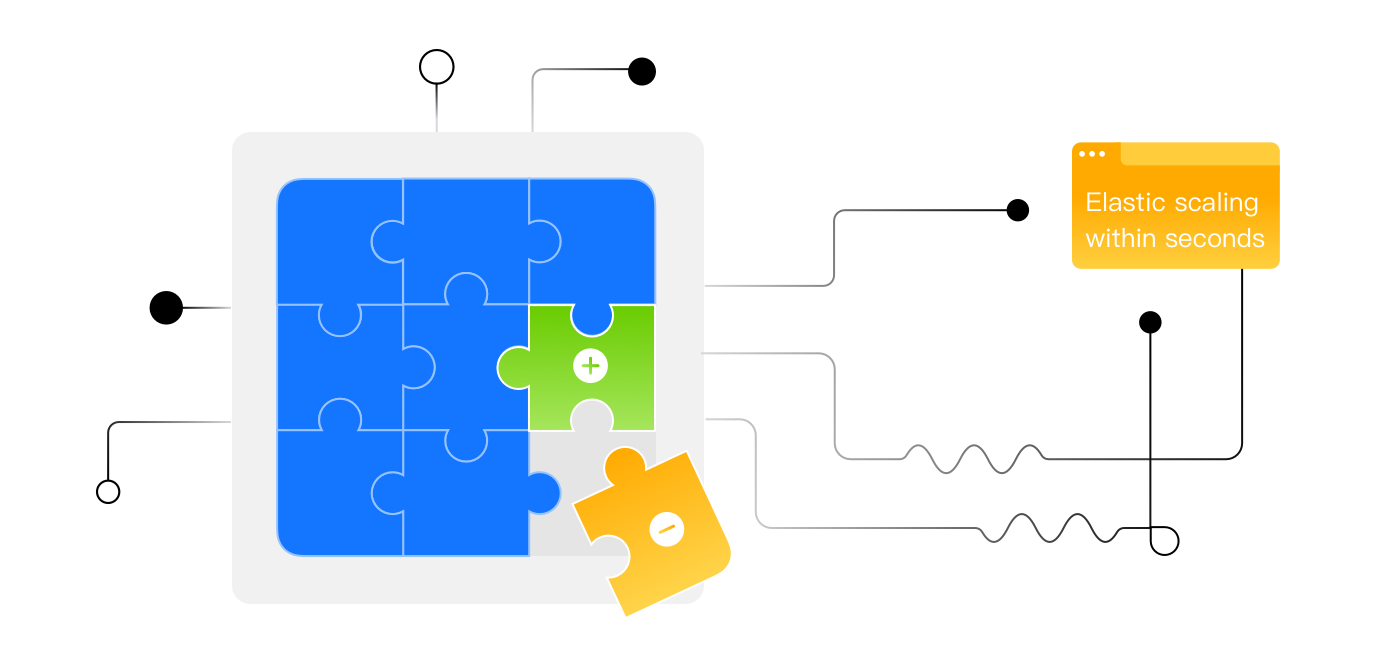Why GeminiDB Influx API?
Ultimate Performance
Trillions of metrics can be recorded daily. Massive amounts of time series data can be stably written into databases, which is much faster than the open-source Influx DB. The linear scalability of write performance is greater than 80%. The write performance is more than twice that of open-source clusters of the same size.
With massively parallel processing, data can be concurrently written to all nodes, query statements are concurrently executed on multiple nodes and multiple cores. The vectorized query engine delivers a better performance when there is more data.
Massive timelines are managed to improve the memory hit rate of timeline queries. The GC frequency is dynamically adjusted based on the memory load to accelerate memory reclamation.
Database multi-copy replication is offloaded to distributed storage, reducing the network traffic from compute nodes to storage nodes.
.png)
Massive Data Analysis
GeminiDB Influx API provides multi-dimensional queries, which enables you to obtain data faster. Time series insights make data analysis more intelligent.
GeminiDB Influx API supports multi-dimensional inverted indexing, summary indexing, and multi-dimensional queries that combine multiple conditions, enabling you to obtain data faster.
Multiple types of time series exceptions can be detected, and an alarm is reported once an exception occurs. The exceptions can be displayed visually, making it easy for O&M engineers to identify them. Configuring an alarm rule is simple, with no machine learning costs.
A multi-dimensional time series prediction algorithm is used to improve prediction accuracy based on relationships between multiple metrics. This type of algorithm predicts 50% more accurately than any traditional algorithms. The training and prediction time is shortened from hours to minutes. This algorithm is suitable for real-time prediction scenarios.

Low Storage Costs
With support for adaptive compression and automated hot and cold tiered storage, GeminiDB Influx API requires only 1/10 of the storage cost of a relational database.
The column-based storage and adaptive compression algorithms greatly improve the compression ratio.
Tiered storage of cold and hot data ensures efficient access to hot data and reduces storage costs for cold data.

Scalability
Traditional database scale-out requires a large amount of data to be migrated, and completing scale-out and data rebalancing can take hours, or even days.
Shared-nothing and shared storage architecture: Stateless compute nodes share a stateful distributed storage engine.
Built-in proxy clusters support dynamic data load balancing and the compute resource utilization is high.
Compute nodes can be added in minutes and storage can be scaled up in seconds.

Comprehensive Solutions
Comprehensive Solutions
More GeminiDB APIs
More GeminiDB APIs
GeminiDB Redis API
An enterprise-grade Redis database
GeminiDB Mongo API
A popular document database
GeminiDB Cassandra API
A wide-table database with high performance



